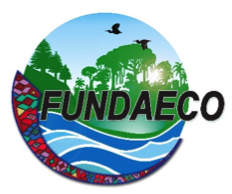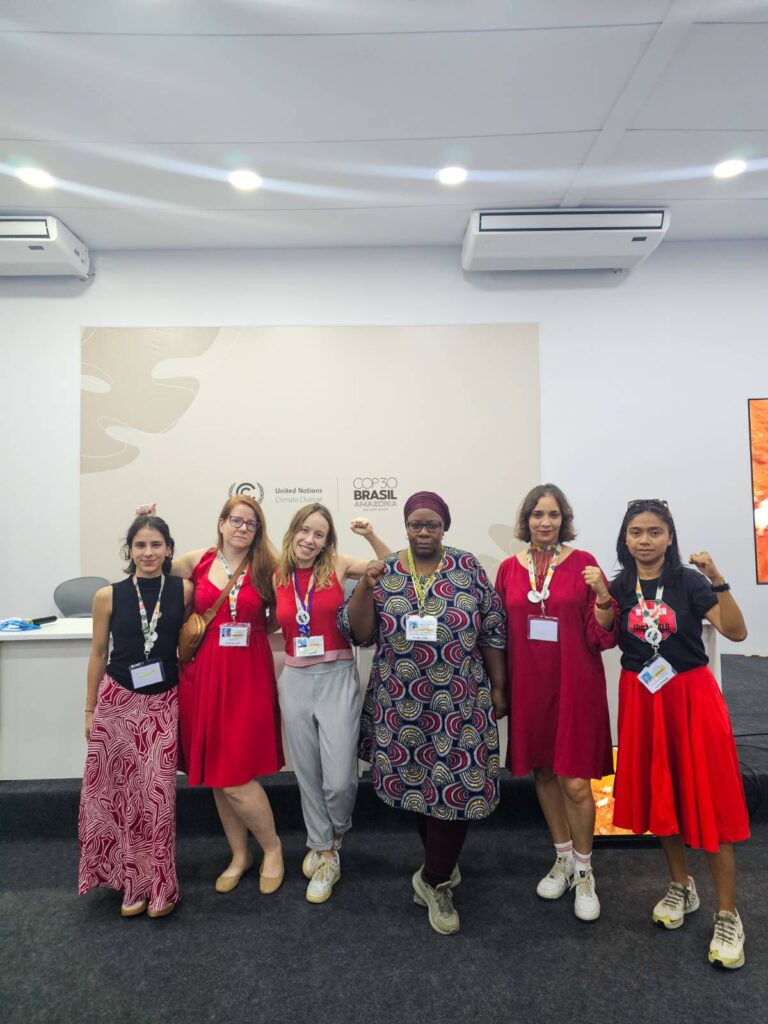
Sexual and reproductive health and rights as a basis for conservation action
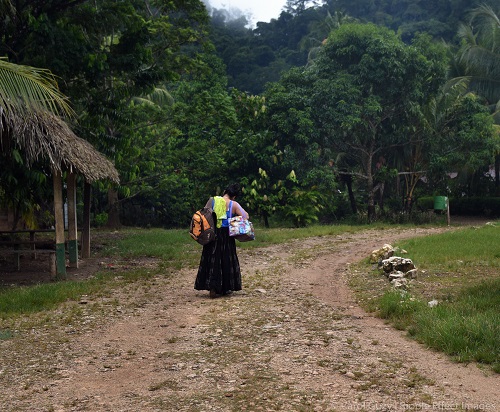
Description of the project:
FUNDAECO breaks traditional cultural barriers to ensure the SRH rights of adolescent girls in more than 100 isolated Mayan and Q’echqi communities of Guatemala, as fundamental for their involvement in forest conservation. 22 health clinics, established in Protected Areas of Izabal, have provided regular care and counseling to 50,000 patients (2/3 women), significantly reducing teenage pregnancies, and strengthening women’s leadership. Support provided in maternal and infant feeding, control of malnutrition and hygiene are linked to environmental protection activities, i.e., good eating habits using natural resources, or sustainable waste management. A scholarship and youth leadership program contributes to end discrimination of women with formal and informal education.
Climate impact:
FUNDAECO integrated SRHR in its approach to sustainable community development and conservation efforts of the Caribbean Guatemala Protected Areas. Trainings in managing and processing non-timber forest products are offered within a programme supporting more than 500 families of indigenous communities for the creation of 4,000 hectares of agroforestry systems. It includes planting rubber and fruit trees, black pepper, shade trees, and creating live wind barriers to increase the forest cover in agricultural and livestock systems, regenerating the forest’s biodiversity.
Gender impact:
The 22 clinics have become a vehicle for women’s empowerment, and mobilised the communities around family planning issues, violence against women and sexually transmitted diseases. 10 communitarian first aid kits were developed. FUNDAECO worked with the Movement for Equity in Guatemala Association (AME), to develop training processes about human rights, SRHR and gender based violence. Scholarship support for 48 teenage girls enabled 15 of them to graduate and access new study opportunities. Women’s groups initiated new income generating activities contributing to improved livelihoods and enhanced status in their communities.
Scalability:
From a pilot started in 2014 with 3 clinics, the project expanded to a network of 22 community-based clinics and 3 mobile ones. The success for up-scaling lies in the ability to integrate health care services, human rights and SRHR education into environmental protection activities and policies, taking into account cultural relevance for the Mayan groups – Q’eqchi, Mam, Chuj, Q’anjobal people. The scholarship program in particular has progressively become a multiplier among communities, with empowered young girls actively promoting new models of development.
read the latest from our network
We work across regions and movements in deep solidarity. Together, we’re building collective advocacy to global problems.

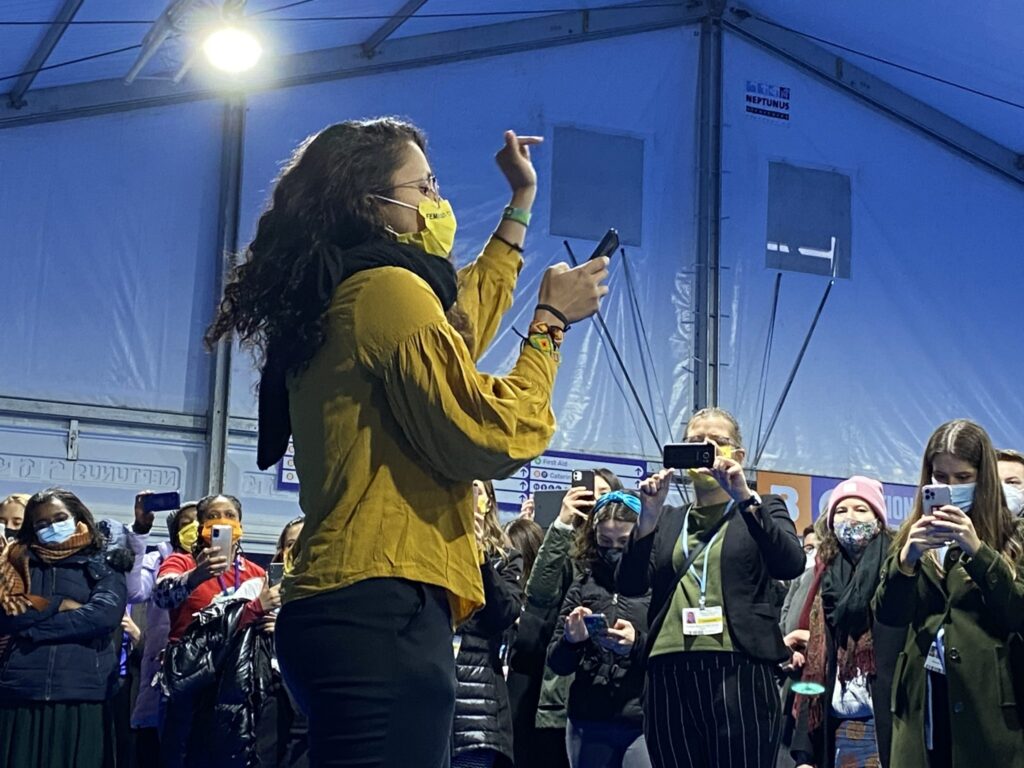
Gender Just Climate Action requires truth
12/11/2025

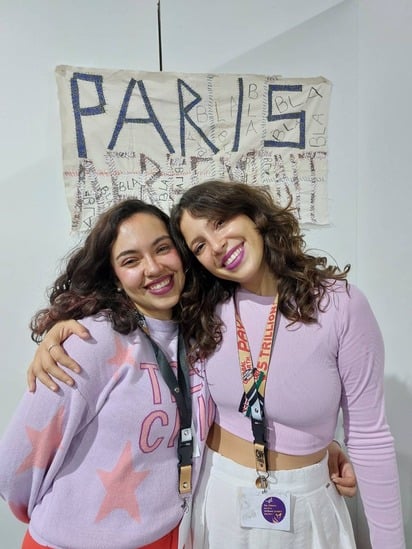
Nov 11 Action Alert: Gender Justice Day
10/11/2025
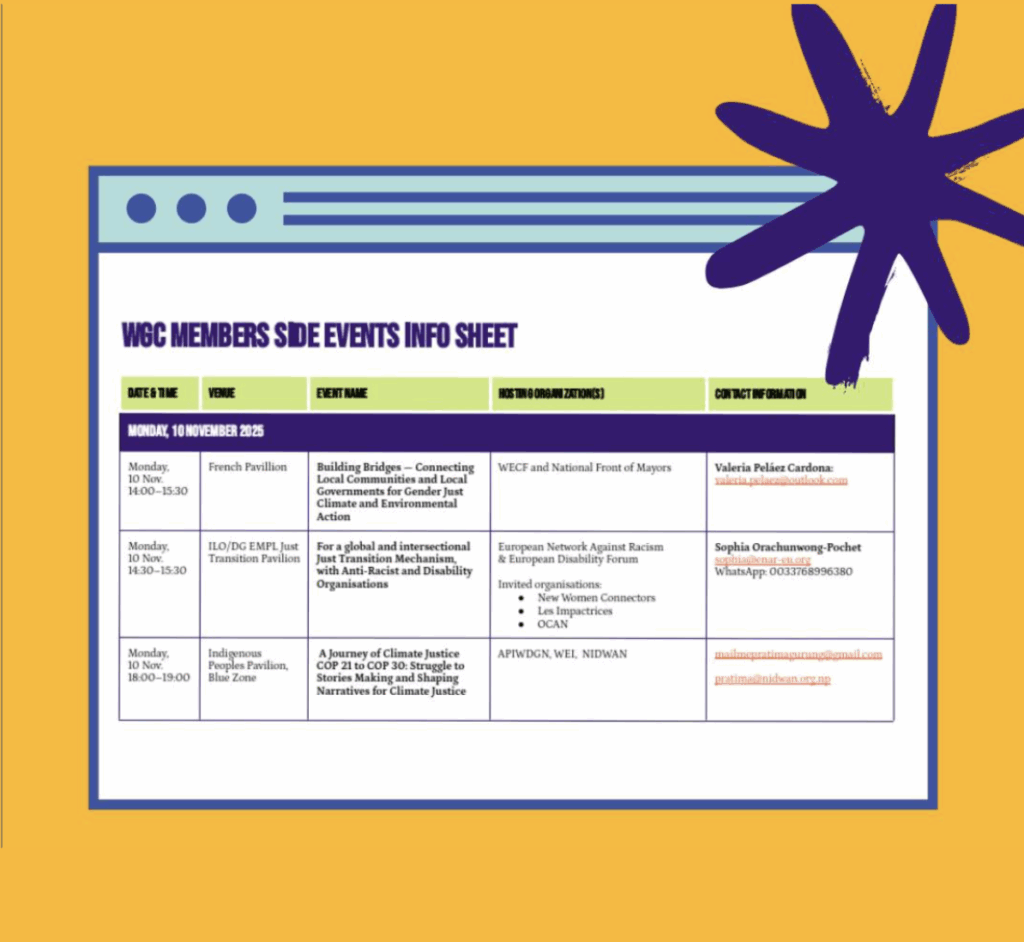
WGC Members Side Event Schedule for COP30
09/11/2025
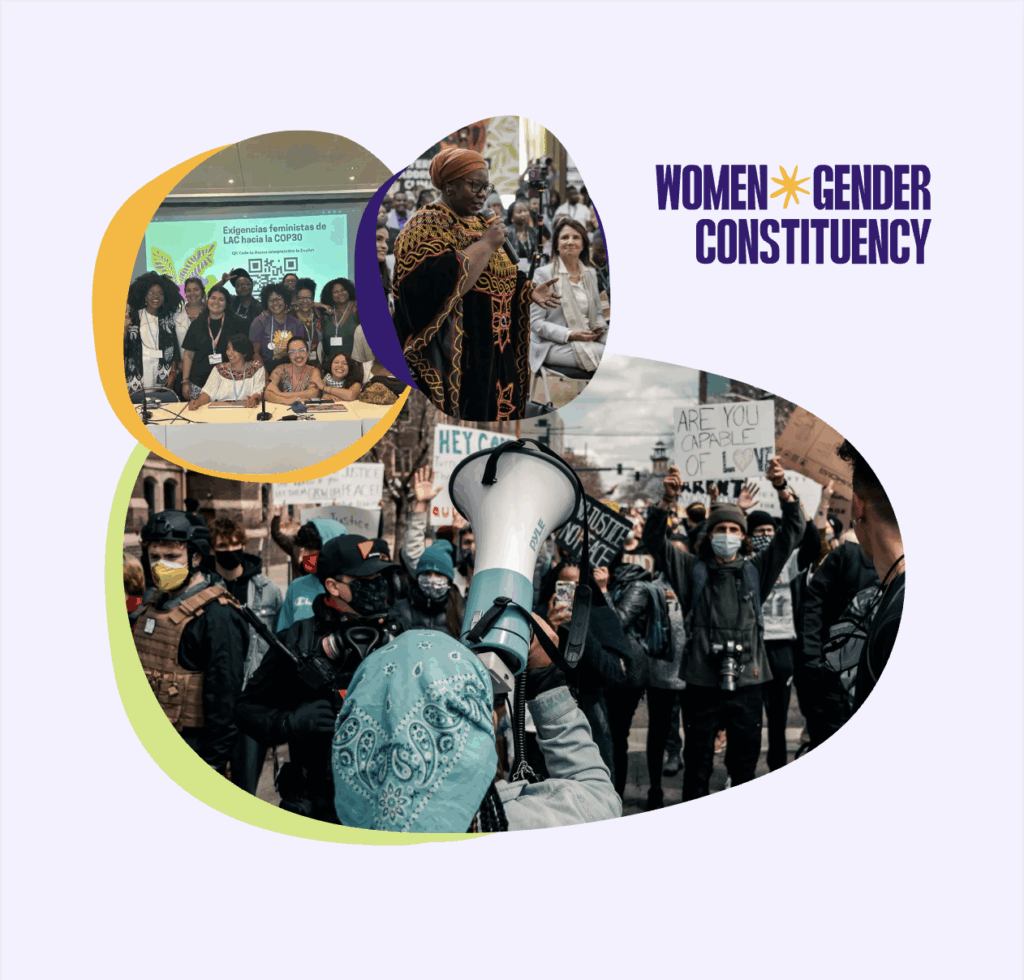
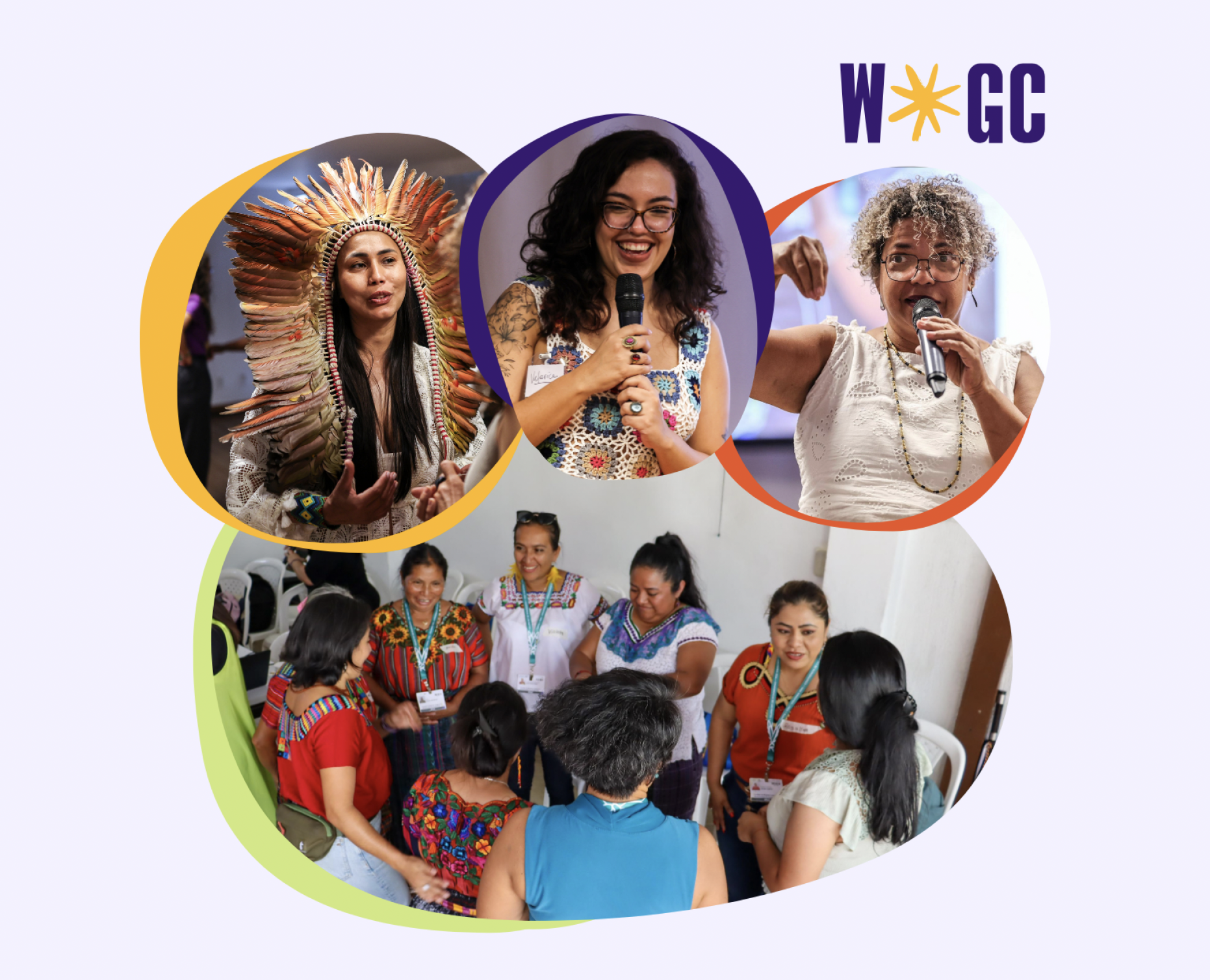
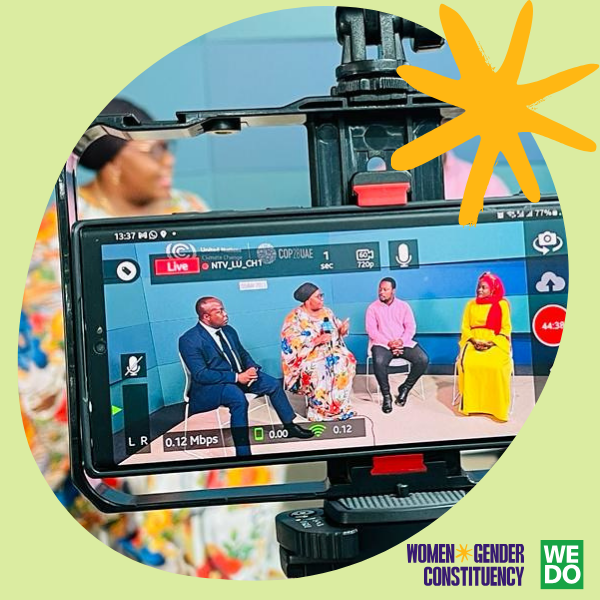
COP30 Media Training
06/11/2025
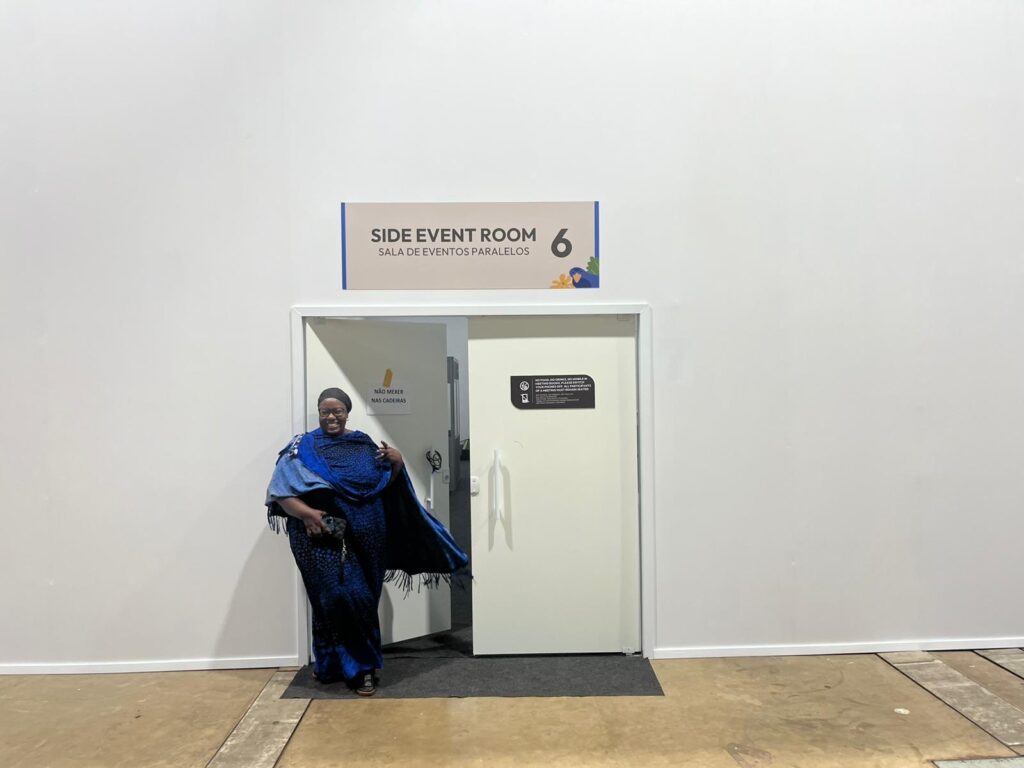
WGC COP30 Daily Morning Meetings
05/11/2025
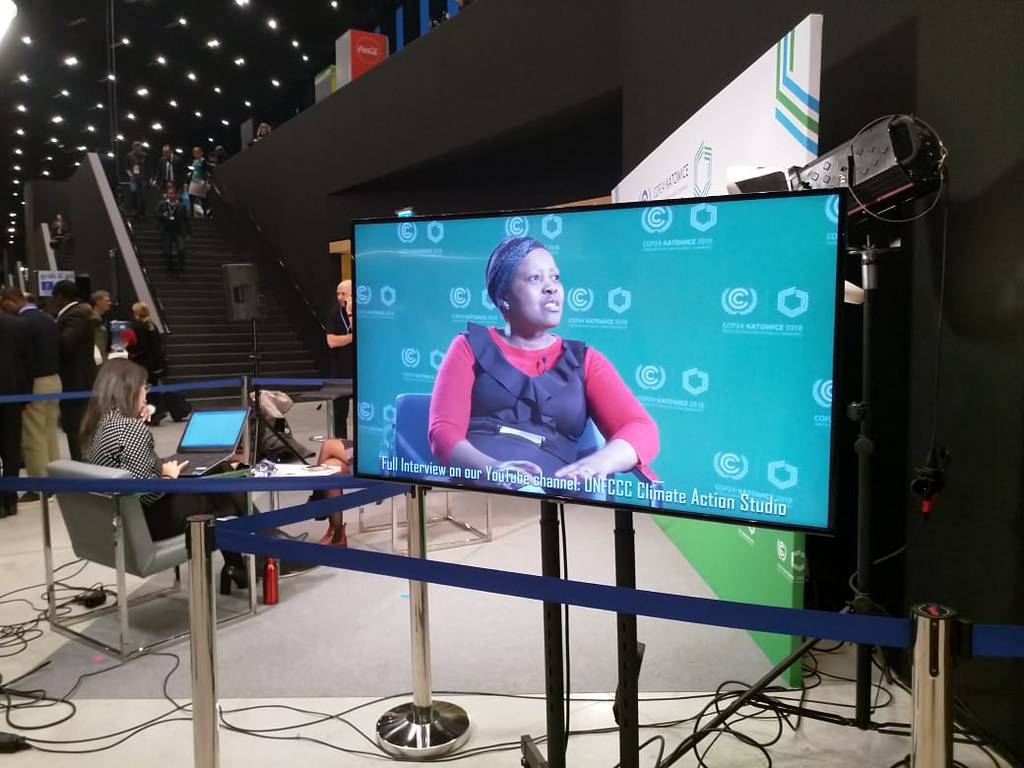
Meet the Feminist Voices Leading the Way to COP30
05/11/2025
